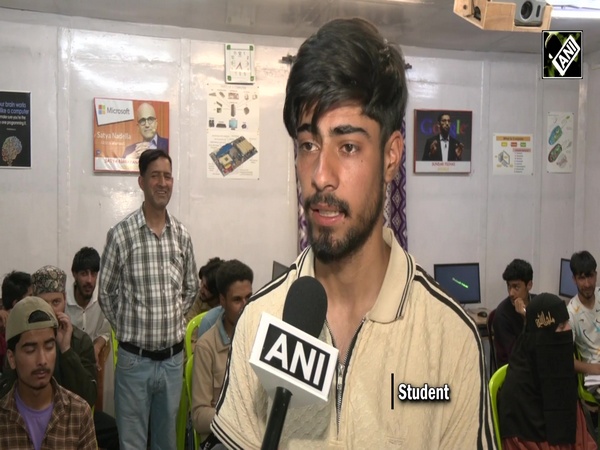Public Trust Caught in Crossfire of Failed Bank and Consequent Amalgamation
Mar 06, 2024

Mediawire
New Delhi [India], March 6: In light of the Punjab and Maharashtra Cooperative Bank's risky investments that led to its license revocation by the RBI, several organizations faced significant losses. While 95% of the bank's depositors received up to Rs. 5,00,000 as insured amount, certain social institutions and organizations with substantial deposits received the same amount, despite their higher stakes. Although some account holders were covered by insurance and received Rs. 5,00,000, others, including schools and charitable organizations, faced restrictions due to regulations prohibiting them from holding shares in banks or companies.
Following the PMC bank's failure, the Central Government approved a Scheme of amalgamation with Unity Small Finance Bank Limited (Unity Bank). Under this scheme, all of PMC Bank's business, assets, and liabilities, including deposits, were transferred to Unity Bank. Depositors had no say in the amalgamation.
Under the terms of the amalgamation scheme, suppose a Trust is holding deposits worth Rs. 3.84 crores with PMC Bank, received Rs. 5,00,000 from the Deposit Insurance and Credit Guarantee Corporation (DICGC). In exchange for the remaining deposits, the Trust will get perpetual non-cumulative preference shares (NCPS) of Unity Bank valued at Rs. 3.035 crores, along with share warrants totalling Rs. 75.82 lakhs. These equity warrants would convert into Unity Bank's equity shares upon the bank's Initial Public Offering (IPO), with the conversion price determined at the lower end of the IPO price band.
It is crucial to acknowledge that as a depositor, had no involvement in the amalgamation or takeover process. Therefore, it would be unjust if an event entirely beyond the Trust's control or influence were to lead to the denial of exemption to a public charitable entity. Such a scenario would indeed be a travesty of justice.
Most the trusts and various organisations have no say so their common demand has to be :
(a) Treat the non-cumulative preference shares (NCPS) as eligible investments under section 11(5) as per the income tax act 1961 until their redemption date.
(b) Alternatively, allow the Trust to hold the NCPS issued by Unity Bank without being subject to section 13(1)(d)(iii) of the Income Tax Act 1961.
(c) Regarding the equity warrants, if they are converted into equity shares during Unity Bank's IPO and are subject to restrictions preventing their sale, extend the period for disposal beyond one year from the end of the financial year in which such restrictions expire.
(d) Grant any other relief deemed necessary to enable the depositors to avail the exemption under section 11 of Income Tax Act 1961 without being adversely affected by the amalgamation and the issuance of equity warrants and NCPS.
Section 11(5) of the Income Tax Act 1961 outlines permissible investments for any Trust account. Failure to adhere to these specific investment guidelines may result in the loss of exemption status, including the benefit of 80G and eligibility for CSR benefits. Furthermore, such non-compliance could subject the Trust to taxation at the highest rate. Thus, this violation is purely technical and beyond the control of the Trust. Consequently, it is imperative for the government to recognize the potential losses incurred by Trust accounts and facilitate the withdrawal of the entire deposit amount.
Currently,the organisations are uncertain about its ability to sell these shares immediately after the IPO, potentially exposing it to the implications of section 13(1)(d)(iii) of the income tax act 1961. Hence, charitable and social organisations seeks relief in this regards
Organisations who intend to be a part of this movement of requesting the authorities can join and mail: voicefortrust@gmail.com.
Issued in public interest by Voice for Trust Group
(ADVERTORIAL DISCLAIMER: The above press release has been provided by Mediawire. ANI will not be responsible in any way for the content of the same)




















